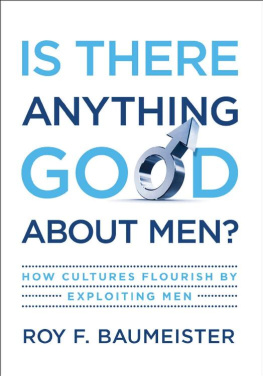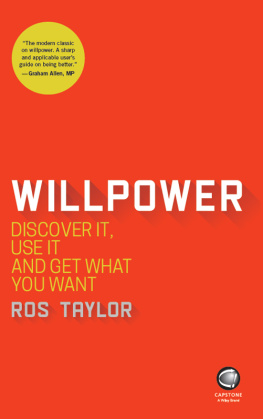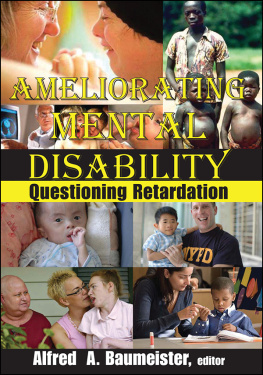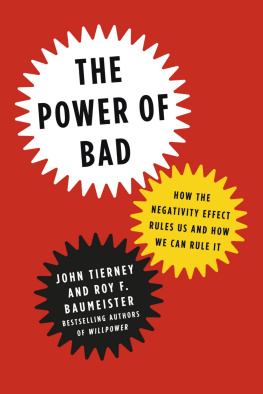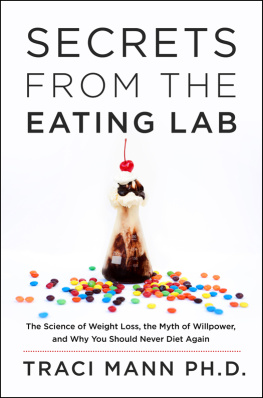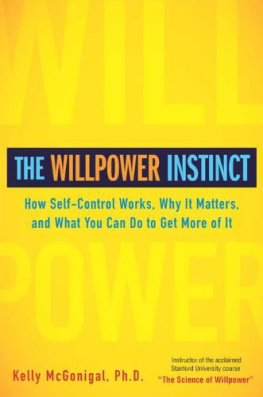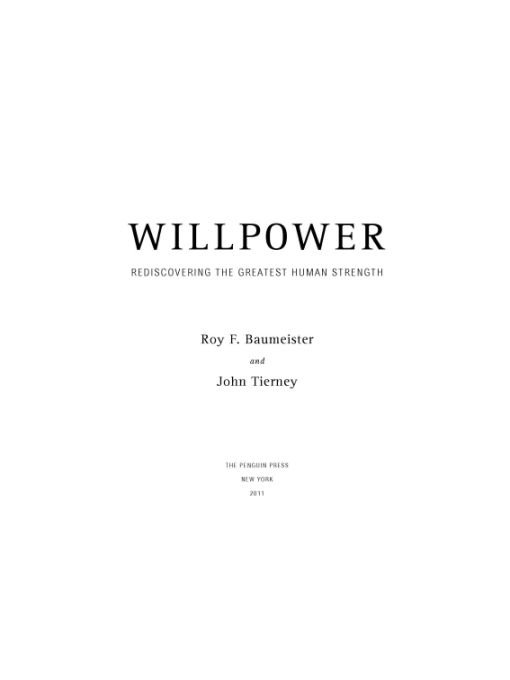Roy F. Baumeister - Willpower: Rediscovering the Greatest Human Strength
Here you can read online Roy F. Baumeister - Willpower: Rediscovering the Greatest Human Strength full text of the book (entire story) in english for free. Download pdf and epub, get meaning, cover and reviews about this ebook. year: 2011, publisher: Penguin Press HC, The, genre: Romance novel. Description of the work, (preface) as well as reviews are available. Best literature library LitArk.com created for fans of good reading and offers a wide selection of genres:
Romance novel
Science fiction
Adventure
Detective
Science
History
Home and family
Prose
Art
Politics
Computer
Non-fiction
Religion
Business
Children
Humor
Choose a favorite category and find really read worthwhile books. Enjoy immersion in the world of imagination, feel the emotions of the characters or learn something new for yourself, make an fascinating discovery.

- Book:Willpower: Rediscovering the Greatest Human Strength
- Author:
- Publisher:Penguin Press HC, The
- Genre:
- Year:2011
- Rating:5 / 5
- Favourites:Add to favourites
- Your mark:
Willpower: Rediscovering the Greatest Human Strength: summary, description and annotation
We offer to read an annotation, description, summary or preface (depends on what the author of the book "Willpower: Rediscovering the Greatest Human Strength" wrote himself). If you haven't found the necessary information about the book — write in the comments, we will try to find it.
One of the worlds most esteemed and influential psychologists, Roy F. Baumeister, teams with New York Times science writer John Tierney to reveal the secrets of self-control and how to master it.
In Willpower, the pioneering researcher Roy F. Baumeister collaborates with renowned New York Times science writer John Tierney to revolutionize our understanding of the most coveted human virtue: self-control.
In what became one of the most cited papers in social science literature, Baumeister discovered that willpower actually operates like a muscle: it can be strengthened with practice and fatigued by overuse. Willpower is fueled by glucose, and it can be bolstered simply by replenishing the brains store of fuel. Thats why eating and sleeping- and especially failing to do either of those-have such dramatic effects on self-control (and why dieters have such a hard time resisting temptation).
Baumeisters latest research shows that we typically spend four hours every day resisting temptation. No wonder people around the world rank a lack of self-control as their biggest weakness. Willpower looks to the lives of entrepreneurs, parents, entertainers, and artists-including David Blaine, Eric Clapton, and others-who have flourished by improving their self-control.
The lessons from their stories and psychologists experiments can help anyone. You learn not only how to build willpower but also how to conserve it for crucial moments by setting the right goals and using the best new techniques for monitoring your progress. Once you master these techniques and establish the right habits, willpower gets easier: youll need less conscious mental energy to avoid temptation. Thats neither magic nor empty self-help sloganeering, but rather a solid path to a better life.
Combining the best of modern social science with practical wisdom, Baumeister and Tierney here share the definitive compendium of modern lessons in willpower. As our society has moved away from the virtues of thrift and self-denial, it often feels helpless because we face more temptations than ever. But we also have more knowledge and better tools for taking control of our lives. However we define happiness-a close- knit family, a satisfying career, financial security-we wont reach it without mastering self-control.
Roy F. Baumeister: author's other books
Who wrote Willpower: Rediscovering the Greatest Human Strength? Find out the surname, the name of the author of the book and a list of all author's works by series.

